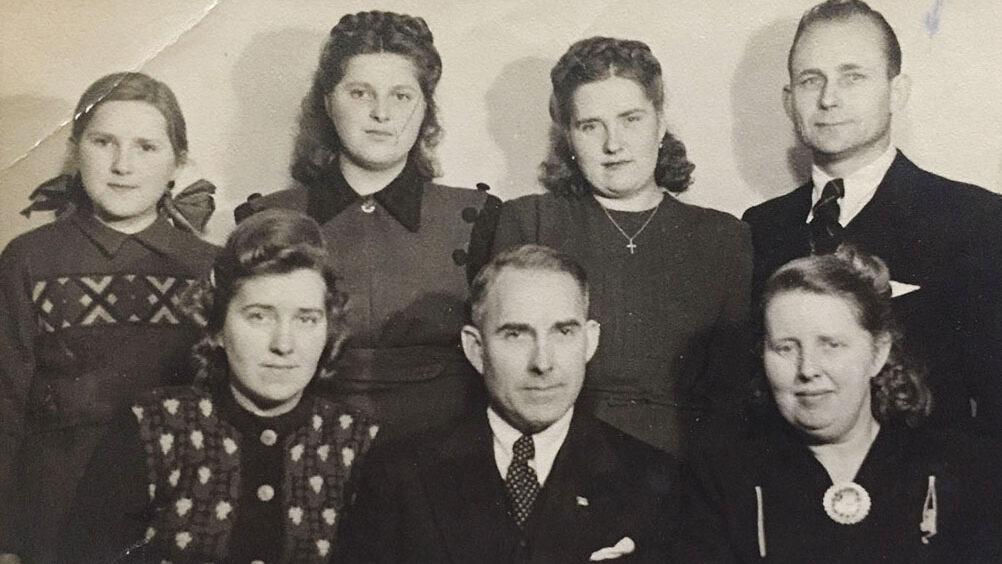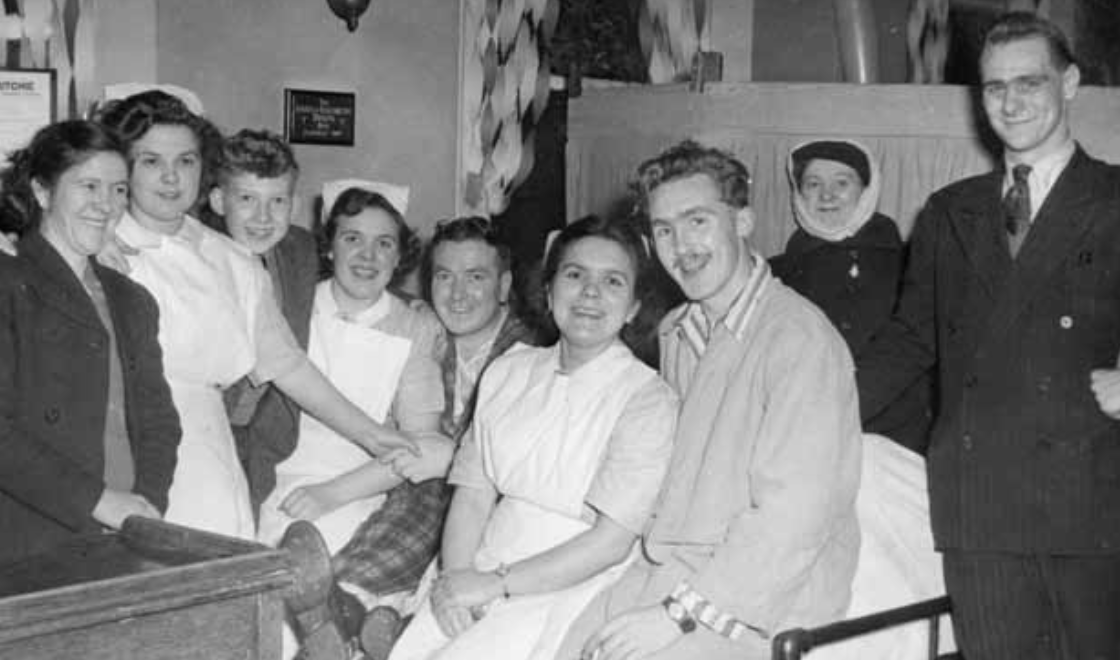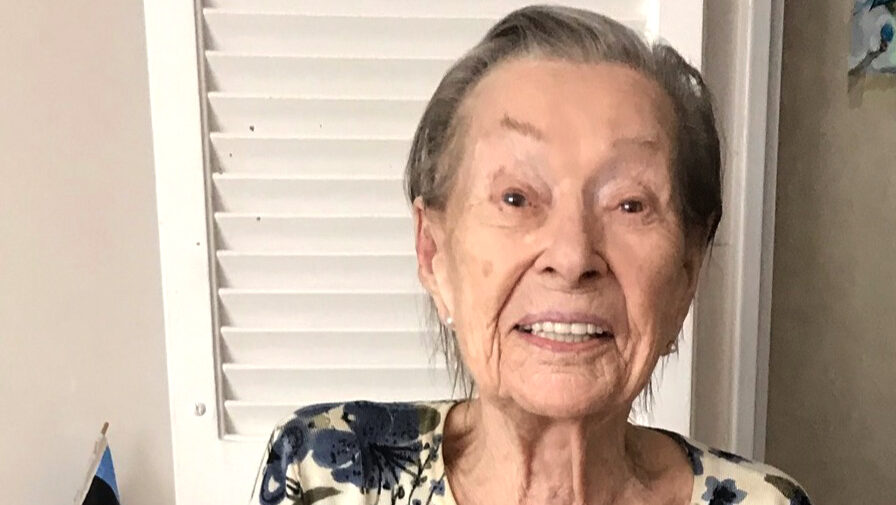Our parents arrived separately to Canada from Estonia, met and were married, creating our family life in the new home my father built. Her passage to our suburban life then had not been easy, as she lived each day with the duality of sadness and hope.
Ilve Mägiste was the youngest of four girls as a 5-year-old whose first glimpse of the war was when she recalled a bomb falling into in her parents' backyard in 1941. She told us how, as an 8-year-old, she escaped with their parents and grandmother to Germany in September 1944. We often looked at the old family silver spoons, and I would ask about the name Tiiu that was engraved on them. She shared that they had been given to her by our great-grandmother/her grandmother Anna Mahlstein.
In early 1944, Anna had arrived at their home in Tartu from her home in Narva and had warned of the impending Russian advance into Estonia. She helped to prepare the family by sewing everyone backpacks to carry their personal belongings and sized proportionally, including the family silver for barter (Kaljuste, 2008). Some of these spoons were the christening spoons of my mothers’ first cousin Tiiu Reitkam. Tiiu, at age 3, was deported with her parents and brother to Siberia in 1941, dying shortly thereafter of pneumonia. Her father, officer Eduard Reitkam, was shot to death for being an Estonian officer (Kaljuste 2008). It was difficult to understand and process these horrific events, and yet we wanted to hear the stories often.
Täismahus artikkel on loetav Eesti Elu tellijatele
Igal nädalal toome me sinuni kõige olulisemad kogukonna uudised ja eksklusiivsed lood uutelt kolumnistidelt. Räägime eestlastele südamelähedastest teemadest, kogukonna tegijatest ja sündmustest. Loodame sinu toele, et meie kogukonna leht jätkuks pikkadeks aastateks.
Hind alates $2.30 nädalas.




